Cosmic Insights
Expert articles on Vedic & Western astrology, zodiac compatibility, numerology, and spiritual growth.
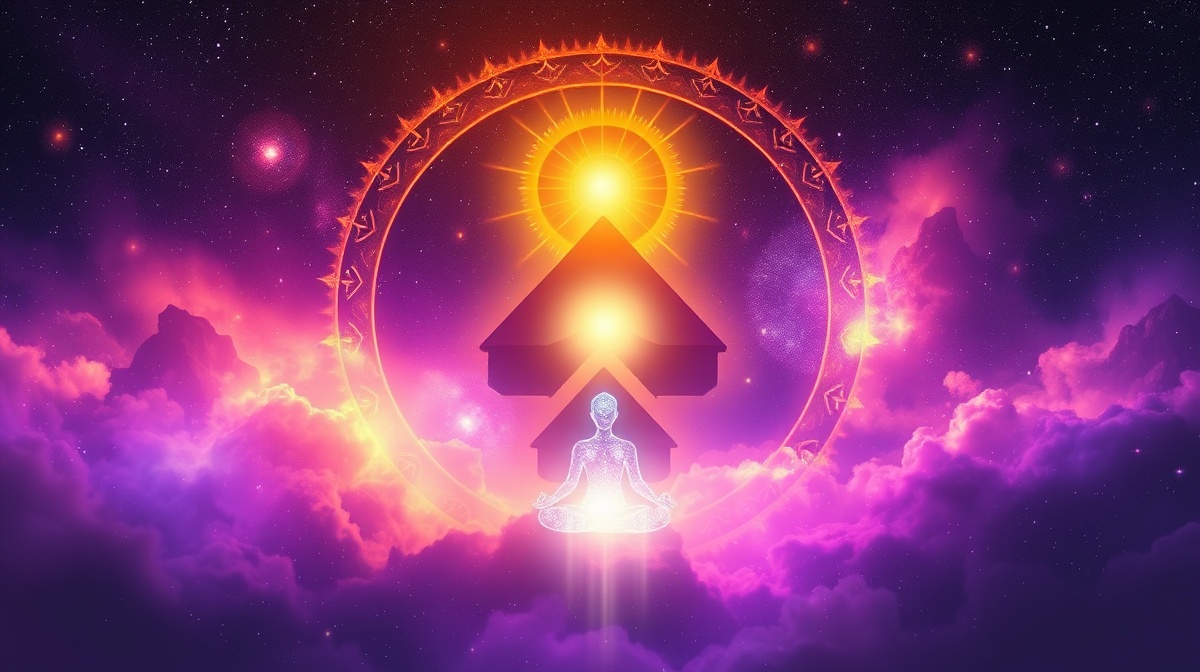 Spirituality
SpiritualityNortheast Facing Home Vastu: How to Balance Energy, Peace, and Growth
Northeast Facing Home Vastu creates a space filled with calm and success. Follow easy ways to balance energy and invite abundance.
 Remedies
RemediesBroken Gemstones and Color Changing Stones: What It Means and Why It Happens
When Broken Gemstones or color changes appear, your stone may be protecting you. Learn what it says about balance and energy.
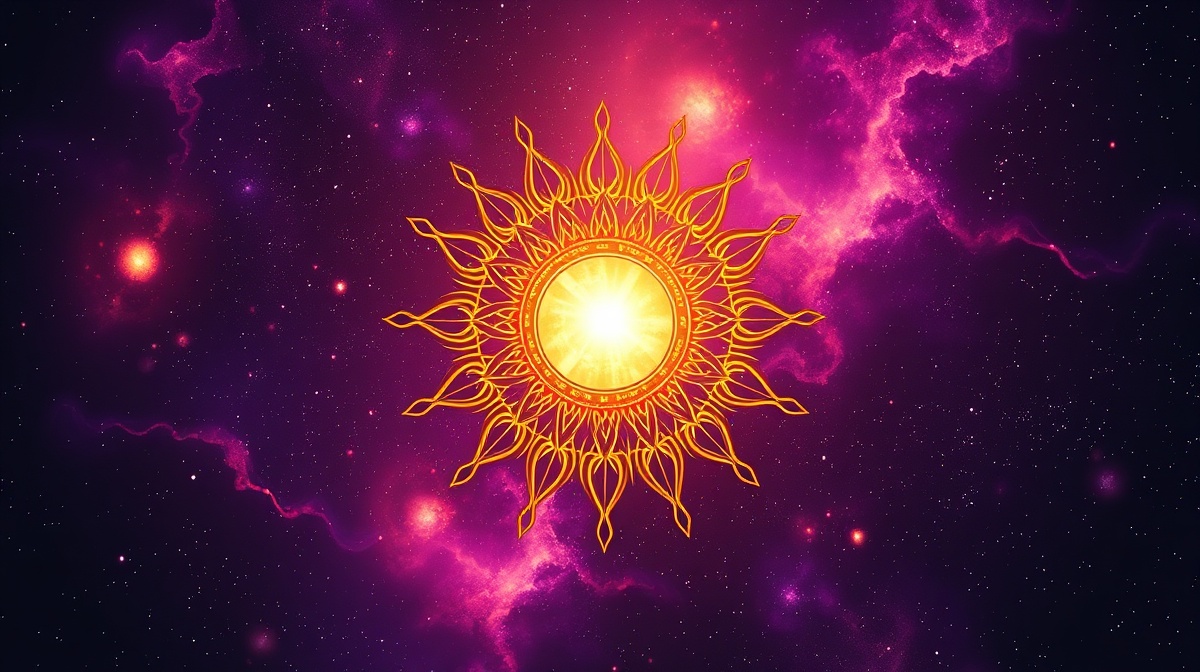 Horoscopes
HoroscopesWhy Surya God Is Central to Hindu Astrology
Surya God in astrology connects you to courage, light, and leadership. Learn why this solar power is central to your life path.
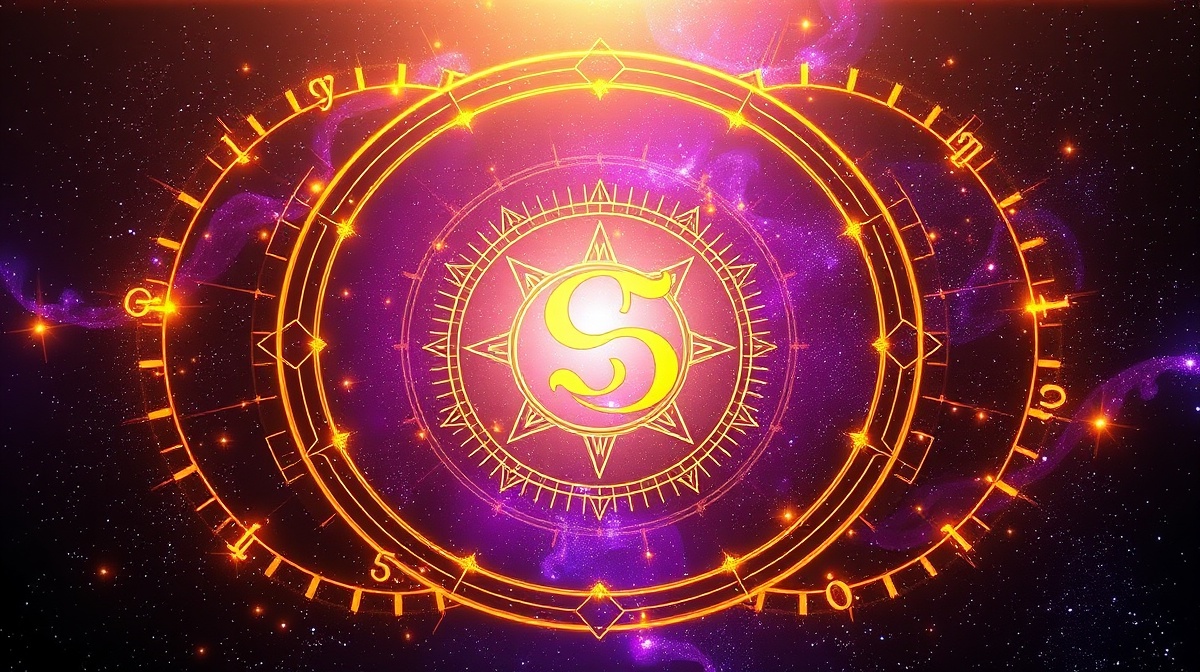 Numerology
NumerologyLife Path Number vs Destiny Number: What They Really Mean for You
Life Path Number vs Destiny Number helps you understand your calling and direction. Learn how they shape love, work, and inner growth.
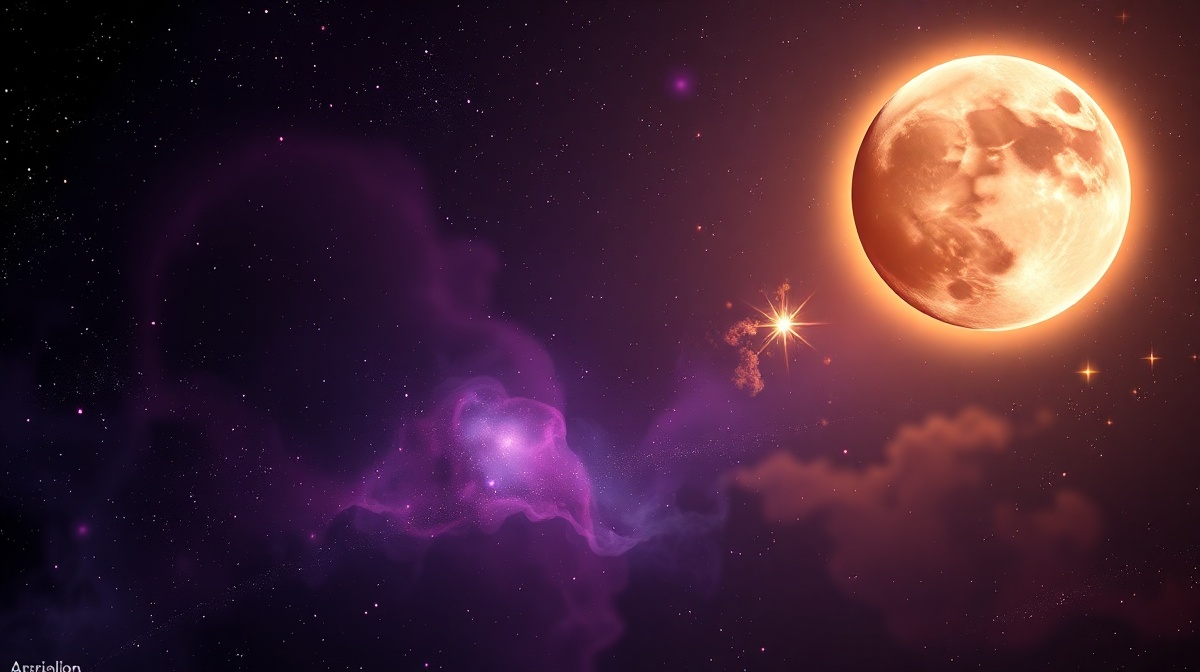 Horoscopes
HoroscopesLunar Eclipse Tarot: Your Simple Guide to Powerful Spreads, Timing, and Results
Lunar Eclipse Tarot helps you read change, release, and renewal. Try powerful spreads and find clarity through lunar energy.
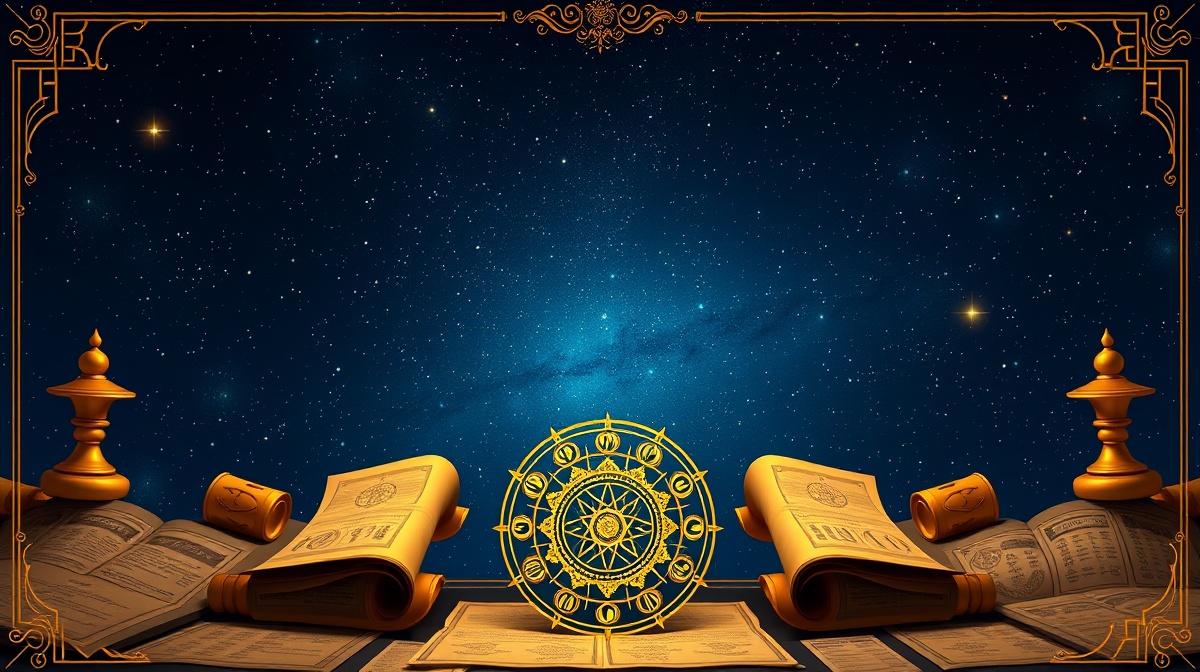 Guides
GuidesRohini Nakshatra: Meaning in Astrology and Life
Rohini Nakshatra shows a soul that loves deeply and creates beautifully. See what this star says about love and destiny.
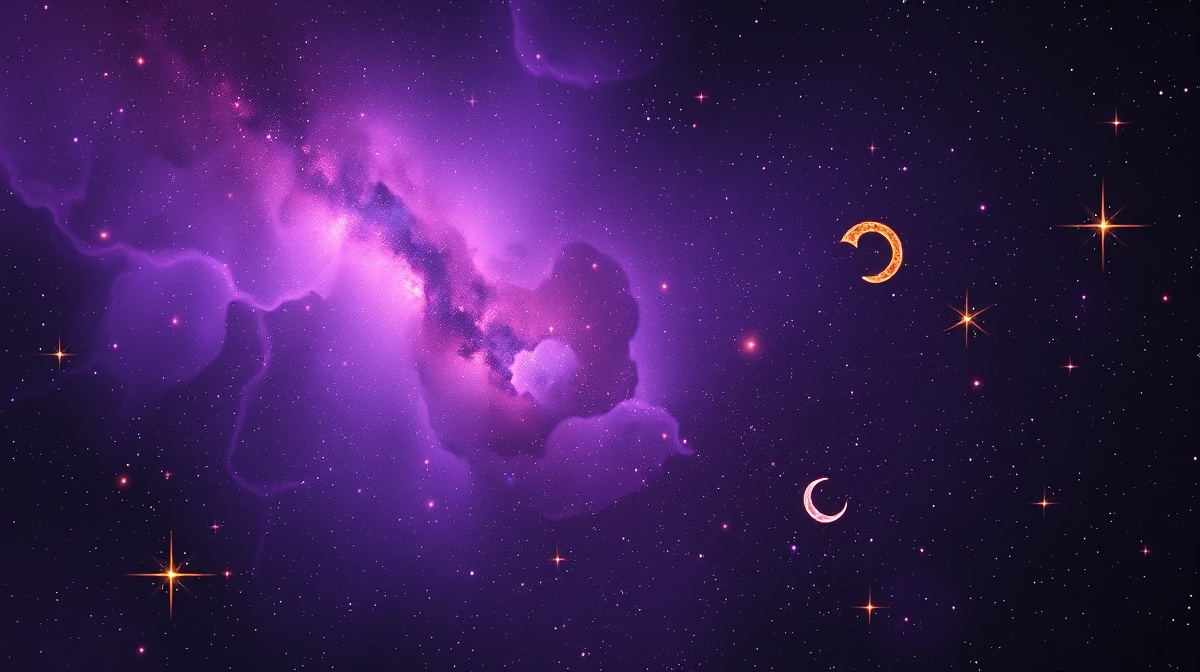 Horoscopes
HoroscopesWhat Do Rahu and Ketu Mean? A Simple Guide for Beginners
Rahu and Ketu in astrology explain your life path, fears, and growth. This guide makes their meaning easy to understand.
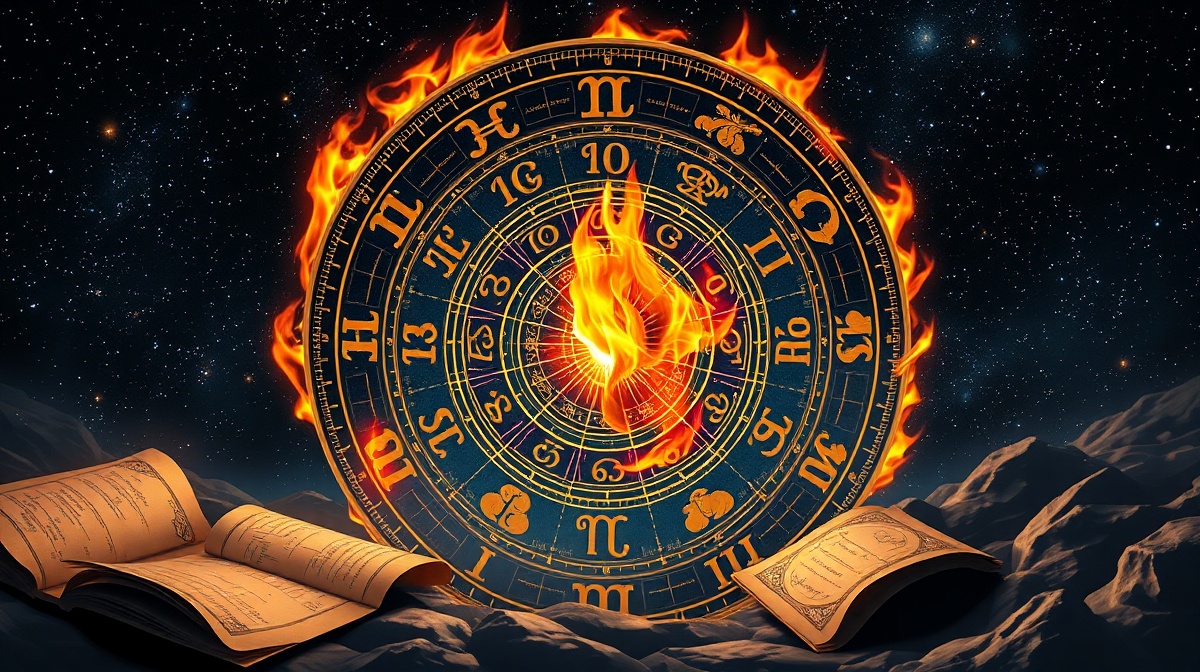 Guides
GuidesDream of Fire: What It Really Means When You See Fire in Your Sleep
A Dream of Fire reflects passion, fear, or transformation. Find out what this dream says about your spirit and emotions.
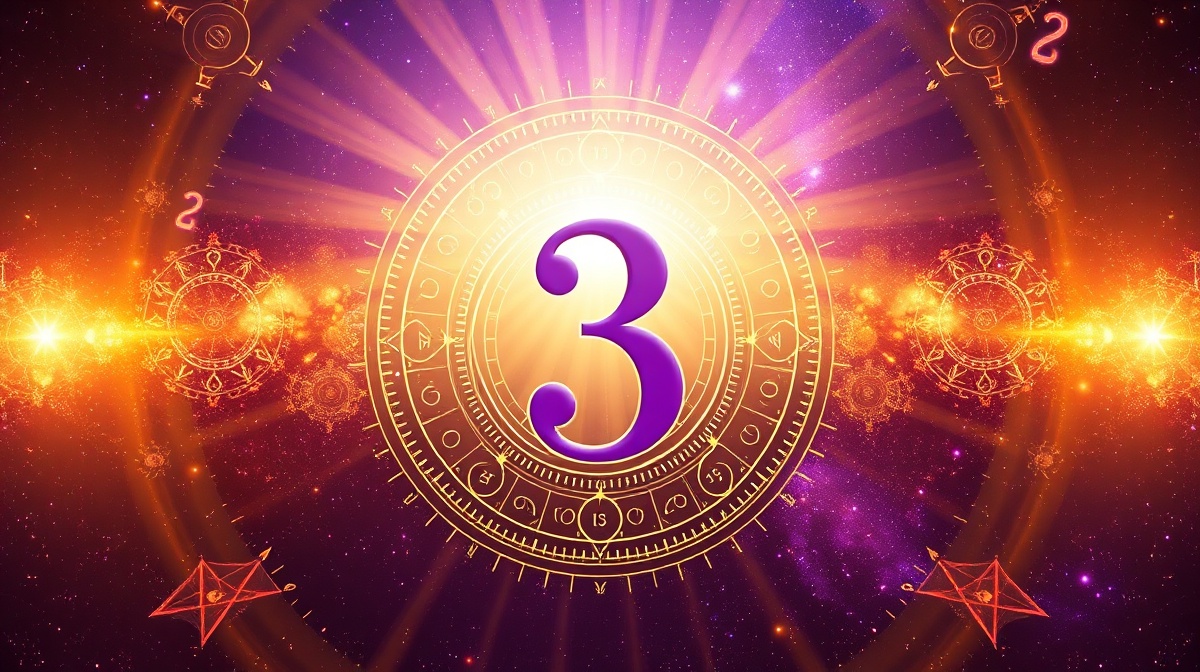 Numerology
NumerologyLife Path Number 3 Meaning: What It Says About Your Personality, Love, and Purpose
Life Path Number 3 shows a creative and expressive soul. See what it means for your love life, personality, and path in life.
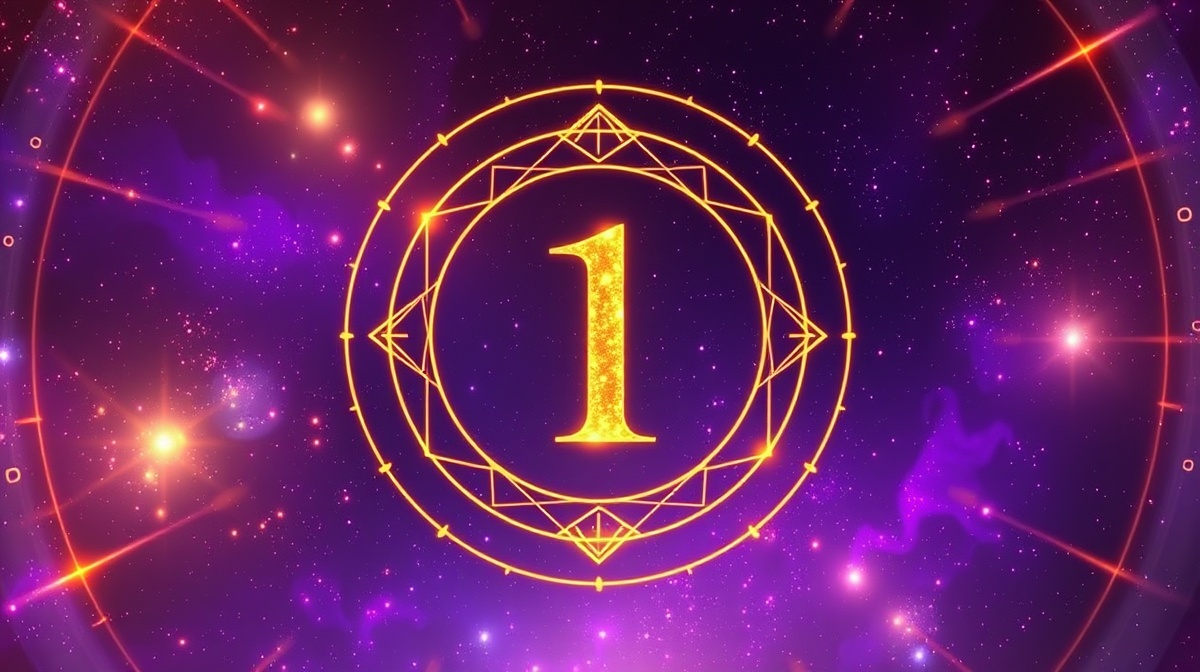 Numerology
Numerology11111 Angel Number Meaning: Why You Keep Seeing This Rare Sign
The 11111 angel number meaning reveals spiritual growth, fresh starts, and guidance from the universe. See why this rare sign appears to you.
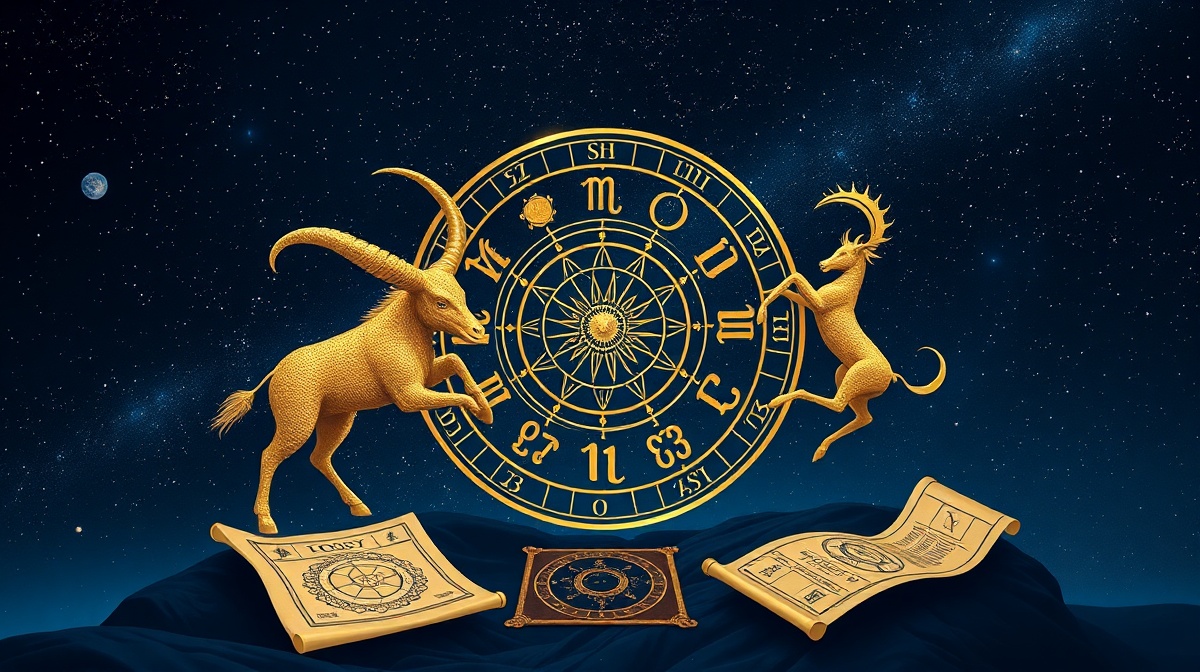 Guides
GuidesTaurus and Capricorn Compatibility: Love, Marriage, and Friendship
Taurus and Capricorn compatibility is full of patience and passion. Learn how they support each other in love and marriage.
 Remedies
RemediesA Guide to Ethically Sourced Gemstones and Crystals in 2025
Know how to ethically source crystals and gemstones in 2025. Learn ethical sourcing, responsible mining, and how astrology guides your stone choices. Read more!
Get your weekly cosmic forecast
Join 10,000+ cosmic explorers